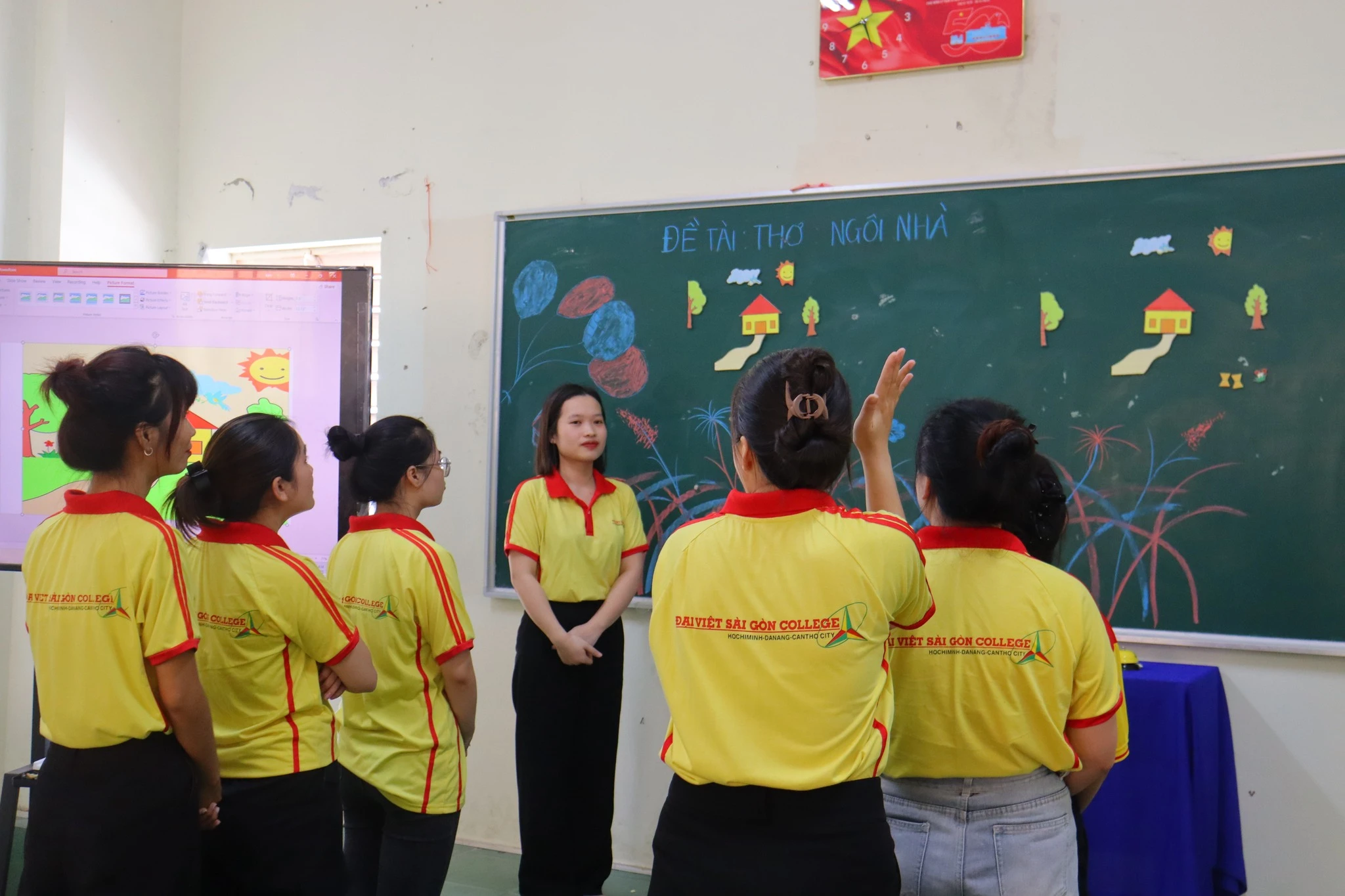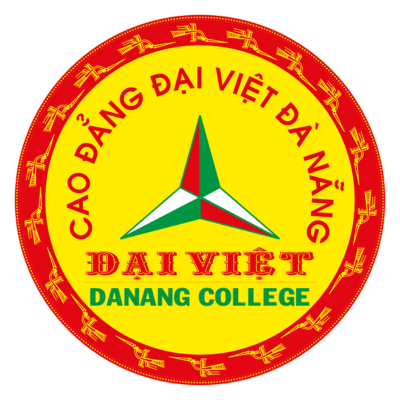To help students work confidently and effectively, the school provides training in five fundamental skills. These skills not only support individual development but also contribute to the success of an organization.

1. Presentation Skills
Presentation skills refer to the ability to convey and express information clearly, logically, and engagingly in front of an audience. This skill requires not only speaking ability but also the capacity to organize and communicate ideas coherently and effectively.
Presentations help the speaker communicate information, ideas, or research findings in a way that is easy to understand and persuasive. A skilled presenter can influence the decisions, attitudes, or behaviors of the audience while demonstrating leadership capabilities. This skill also enhances self-confidence when speaking in public and engaging with diverse groups.
2. Communication Skills
Communication skills are the ability to exchange, convey, and receive information through speech, writing, or actions. Communication is not just about delivering information—it is a process of understanding and responding effectively.
Good communication skills help establish and maintain relationships in both professional and personal contexts. Through communication, conflicts and misunderstandings can be addressed and resolved peacefully. Clear communication ensures smooth workflows, avoiding confusion and time waste.

3. Teamwork Skills
Teamwork skills involve the ability to collaborate, interact, and contribute to a team to achieve a common goal. Each member of the team should maximize their own strengths while harmonizing with others.
Working in a team often leads to more diverse and creative ideas than working alone. When individuals contribute their unique skills, tasks can be completed more efficiently. Through teamwork, members build friendships, mutual respect, and support.
4. Problem-Solving Skills
Problem-solving skills are the ability to identify, analyze, and find effective solutions to issues that arise in work or life.
Effective problem-solving leads to timely and sound decision-making. Addressing problems early reduces potential risks in tasks or projects. When issues are resolved quickly, work can proceed smoothly and without interruption.
5. Professional Skills
Professional skills include the knowledge, abilities, and experience required in a specific field, enabling individuals to perform tasks skillfully and efficiently.
These skills help individuals become experts in their areas, thereby increasing their value and career prospects. People with strong professional skills ensure work quality and reduce errors. Solid expertise builds trust with clients and partners.
Each of these skills plays a vital role in one’s career and life. Developing and refining them not only improves work efficiency but also strengthens leadership, communication, and the ability to achieve success in both personal and professional domains.

